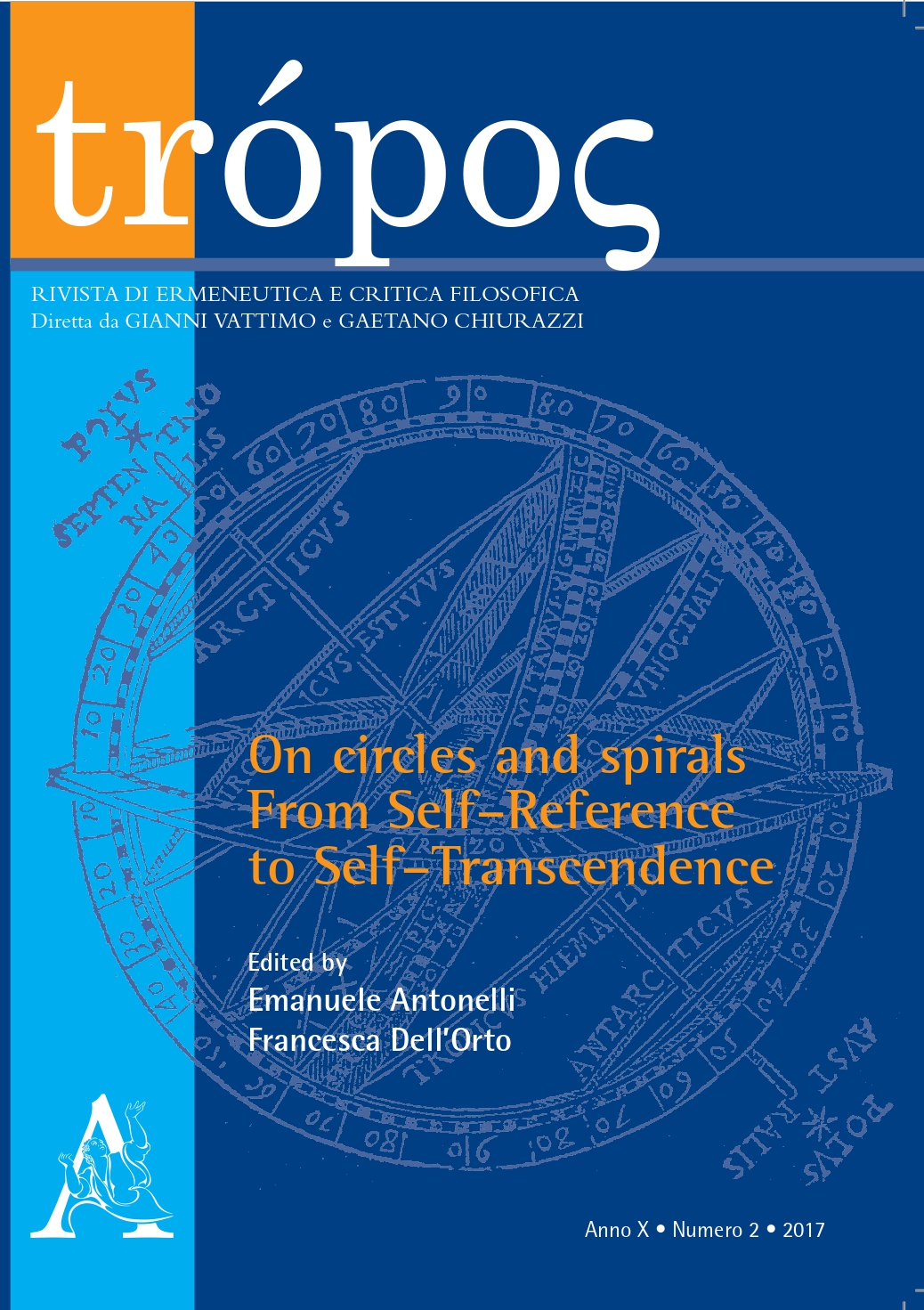Powers and Division in the ‘Mathematical Part’ of Plato’s Theaetetus
Keywords:
Theaetetus, Plato, mathematics, powers, divisionsAbstract
In two articles (Brisson–Ofman1, 2), we have analyzed the so–called ‘mathematical passage’ of Plato’s Theaetetus, the first dialogue of a trilogy including the Sophist and the Statesman. In the present article, we study an important point in more detail, the ‘definition’ of ‘powers’ (‘dynameis’). While in (Brisson–Ofman2), it was shown that the different steps to get the definition are mathematically and philosophically incorrect, we try here to explain why the definition itself is problematic. However, it is the first example, at least in the trilogy, of a definition by division. Our works on Theaetetus’ ‘mathematical passage’, including the present one, challenge the so–called ‘Main Standard Interpretation’. In particular, following (Ofman 2014), we question the claim that Plato praises and glorifies both the mathematician Theodorus and the young Theaetetus. Conversely, our analysis highlights the main cause of some generally overlooked failures in the dialogue: the forgetting of the ‘logos’, first in the ‘mathematical part’, then in the following discussion, and finally the failure of the four successive attempts of its definition at the end of the dialogue. Namely, the passage is closely connected with the problems studied at the end of the dialogue, but also to the two other parts of the trilogy through the method of “definition by division”.
Our conclusions are different from the usual ones, because our analysis is conducted simultaneously from the philosophical, historical and mathematical points of view. It had been usually considered either as an excursus by historians of philosophy (Burnyeat 1978), an isolated text by historians of mathematics (Knorr 1975), or a pretext to discuss some astute developments in modern mathematics by mathematicians (Kahane 1985).


